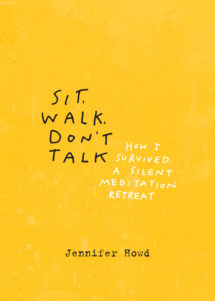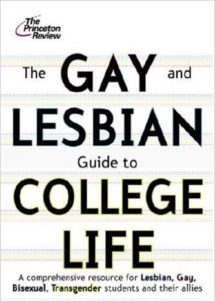The Mosaic of Life
A while back, when I was in the midst of the certification in mindfulness facilitation program at UCLA, I was asked to write a paper on the topic of diversity, and I noticed an immediate sense of dread when the topic came up—followed by some major resistance.
It’s a sticky subject for me—one I’d much rather sweep under the rug than examine. And, because of this, I’m going to share what I wrote…
When I think about the topic of diversity, I flash to my “sheltered” childhood—which was utterly devoid of it. I grew up in a predominantly-Caucasian, upper middle class, quaint, rural town in New Hampshire. Monochromatic white saltbox Colonials lined the center of town, offset by swaths of apple orchards and strawberry fields.
Every harvest season, a line of rickety, lime-green painted school buses would roll into town. And I remember staring at those buses, feeling this weird fascination with their “otherness” back then. I later found out they were packed with Jamaican migrant workers hired to work the orchards and fields.
Reflecting back on this now, I feel a sharp knot in my left side, just below my ribs. My breathing is shallow. My brow furrowed. I feel ashamed. Sad.
And now, opening deeper to these feelings, I’m hearing my father’s voice echoing in my mind. I don’t remember him ever commenting on the migrant workers—he always just drove passed them in silence (without even a nod of recognition). But, occasionally, we’d get out of our small town bubble and take a family drive into Boston—the “big” city. The environmental palette shifted with each passing mile, gradually diversifying the further we drove from town—from the color of the landscape to the color of the people.
And the color of Dad’s behavior always shifted along with it.
“Lock your door,” he’d demand in a firm (yet slightly panicked tone) the minute it was clear we’d entered the city. His grip on the steering wheel would tighten. His face, redden. Every other minute, he’d grumble “Massachusetts driver!” when he got cut off or couldn’t pull into a lane he needed to be in.
And every time he saw a black man male driving a nice car, he’d point and announce, “drug dealer.”
Ignoring my father’s racial slurs, I never thought about how they might have affected me. But now that I’m deliberately looking… I see the residue is there. His words ingrained in my cells—impossible to expunge.
I want to pretend like I haven’t been affected by my father’s view of the world. But I have. Even though I reject it, I still feel it in the most subtle ways. To this day, I still hear his voice saying “drug dealer” in my mind when I’m driving and see a black man behind the wheel of a nice car. The thought appears. His voice ringing in my ears. I recognize it as not my own.
But it still breaks my heart.
Contemplating all this now, there’s a quote from Making the Invisible Visible: Healing Racism in Our Buddhist Communities that comes to mind:
“I want to walk my Dharma talk and sit the way I live: trusting in the interdependence of ALL things (including all cultures and beings) and knowing that the wholeness we seek comes from including all the pieces of the beautiful mosaic of life.”
The deeper I dive into my mindfulness practice, the more I see (and feel) the wholeness of our collective existence—and how accepting “otherness” and diversity is key to seeing the complete picture of ourselves. Perhaps some people don’t want to see themselves completely.
But I do.


0 Comments